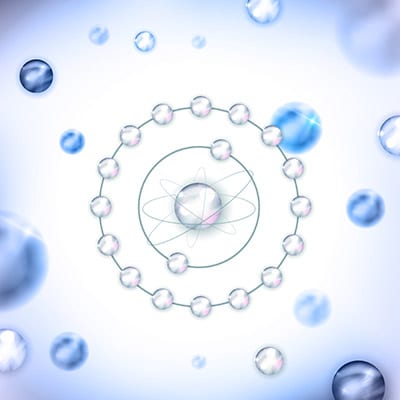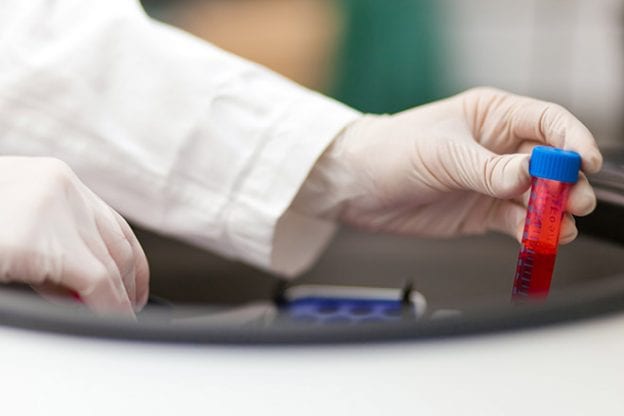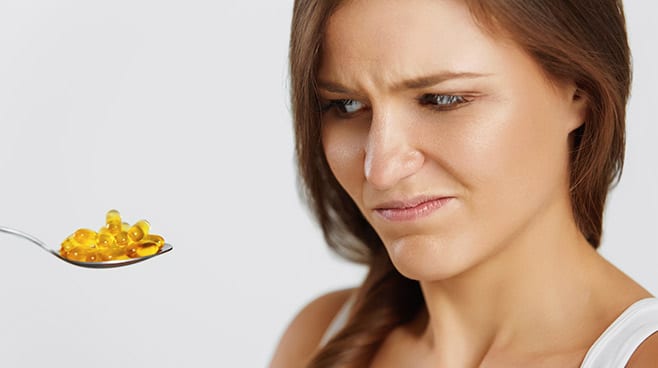
Free radicals and their role in the development of cancer
Free radicals are highly reactive chemicals that have the potential to damage cells.. They are created when an atom or molecule (a chemical substance that has two or more atoms) gains or loses an electron (a small negatively charged particle found in atoms). Free radicals are formed naturally in the body and play an important role in many normal cellular processes.. At high concentrations, however, free radicals can be dangerous to the body and damage all major components of cells, including DNA, proteins and cell membranes. Damage to cells caused by free radicals, especially damage to DNA, may play a role in the development of cancer and other diseases.
Abnormally high concentrations of free radicals in the body can be caused by exposure to ionising radiation and other environmental toxins. When ionising radiation hits an atom or molecule in a cell, an electron may be lost, resulting in the formation of a free radical. The production of abnormally high levels of free radicals is the mechanism by which ionising radiation kills cells. In addition, some environmental toxins, such as cigarette smoke, some metals and high-oxygen atmospheres, can contain large amounts of free radicals or stimulate the body's cells to produce more free radicals.
Free radicals containing the element oxygen are the most common type of free radicals produced in living tissue. Another name for them is "reactive oxygen species", or "ROS".
What are antioxidants?
Antioxidants are chemicals that interact with and neutralise free radicals.thus preventing them from causing damage. Antioxidants are also known as "free radical scavengers".
The body manufactures some of the antioxidants it uses to neutralise free radicals. These antioxidants are called endogenous antioxidants.. However, the body relies on external (exogenous) sources, mainly the diet, to obtain the remaining antioxidants it needs. These exogenous antioxidants are commonly referred to as dietary antioxidants. Fruits, vegetables and grains are rich sources of dietary antioxidants. Some dietary antioxidants are also available as dietary supplements.
Examples of dietary antioxidants include beta-carotene, lycopene and vitamins A, C and E (alpha-tocopherol). The mineral element selenium is thought to be a dietary antioxidant, but the antioxidant effects of selenium are most likely due to the antioxidant activity of proteins that have selenium as an essential component (i.e. selenium-containing proteins), rather than selenium.
Can antioxidant supplements help prevent cancer?
In laboratory and animal studies, the presence of high levels of exogenous antioxidants has been shown to prevent free radical damage that has been associated with the development of cancer.. Therefore, researchers have investigated whether taking antioxidant dietary supplements can help reduce the risk of developing or dying from cancer in humans.
Many observational studies, including case-control and cluster studies, have been conducted to investigate whether the use of antioxidant dietary supplements is associated with reduced cancer risks in humans. In general, these studies have yielded mixed results.
It is considered that randomised trials provide the most reliable evidence of the benefit and/or harm of a health-related intervention.. To date, nine randomised controlled trials of dietary supplements have been conducted worldwide. antioxidants for cancer prevention. Many of the trials were sponsored by the National Cancer Institute.

Overall, these nine randomised controlled clinical trials did not provide evidence that antioxidant dietary supplements are beneficial in the prevention of primary cancer.. In addition, a systematic review of the available evidence on the use of vitamin and mineral supplements for the prevention of chronic diseases, including cancer, conducted by the United States Preventive Services Task Force (USPSTF) also found no clear evidence of benefit in cancer prevention.
However, theIt is possible that the lack of benefit in clinical studies may be explained by differences in the effects of the antioxidants tested when consumed as purified chemicals rather than when consumed in foods. containing complex mixtures of antioxidants, vitamins and minerals.
Should people already diagnosed with cancer take antioxidant supplements?
Several randomised controlled trialssome including only a small number of patients, have investigated whether taking antioxidant supplements during cancer treatment alters the efficacy or reduces the toxicity of targeted therapies. Although these trials had mixed results, some found that people who took antioxidant supplements during cancer therapy had worse outcomes, especially if they were smokers.
Further randomised controlled trials are needed The study has not been able to provide clear scientific evidence on the potential benefits or harms of taking antioxidant supplements during cancer treatment. Until more is known about the effects of antioxidant supplements in cancer patients, these supplements should be used with caution.. Cancer patients should inform their doctors about their use of any dietary supplements.

Cancer Treatment at Biosalud Day Hospital
At Biosalud Day Hospital we do not treat with antioxidant supplements, but rather we first look for the cause of the cancerous process. We address the physiology of the cancer cell to enhance the effects of conventional cancer treatment.
Since cancer cells feed on glucose, we will eliminate glucose intake, eliminating carbohydrates from the diet and using substances that prevent the conversion of glucose to energy
On the other hand, the acidic environment that a cancer cell needs to survive, we will change it by rebalancing the pH and deacidifying the organism.
And finally, another line of treatment will be to activate the immune system, especially the immune system. macrophageswhich are the cells that will destroy the cancer cell.

